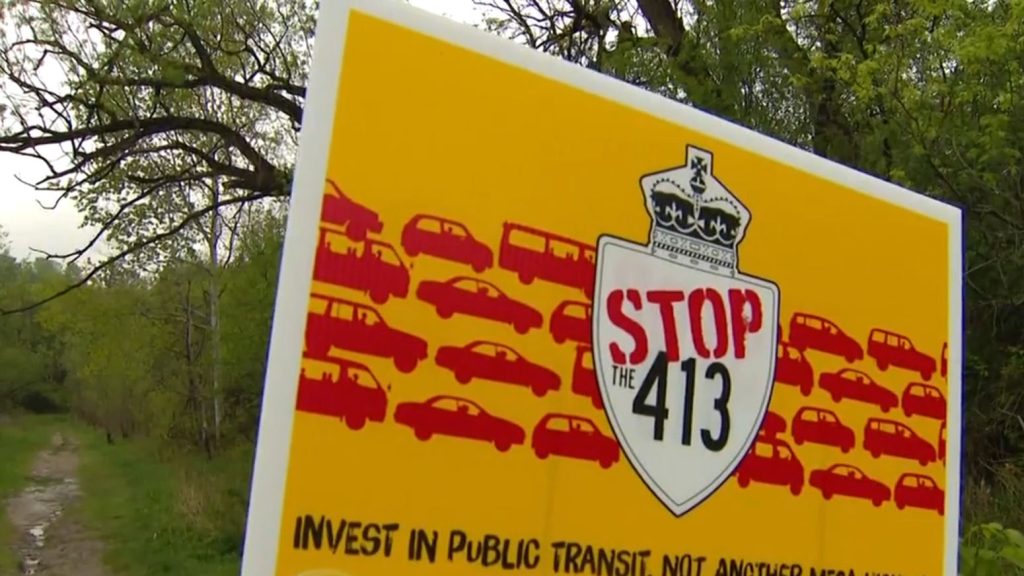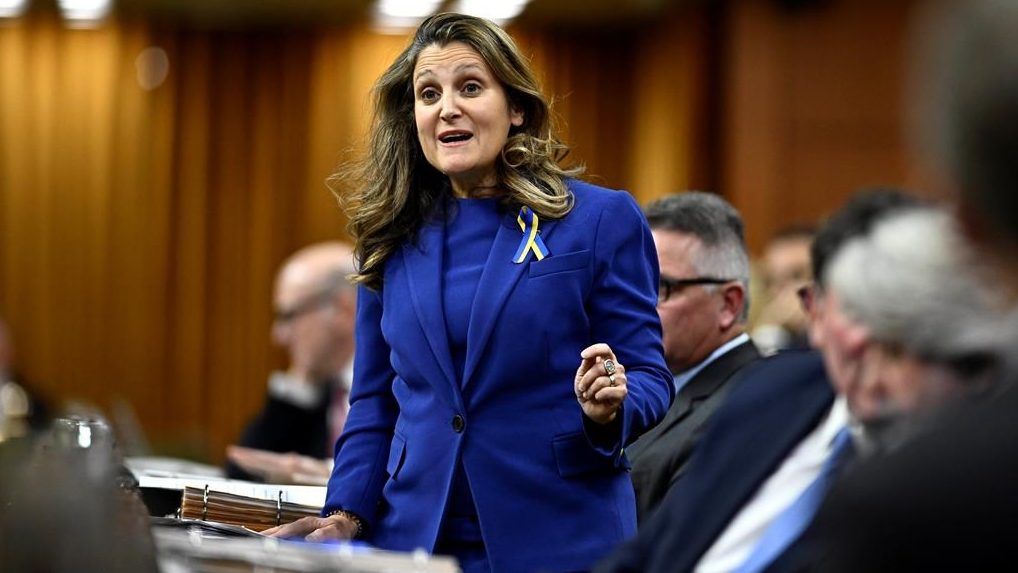Harper tells Obama Canada is looking East to sell its energy products
Posted November 14, 2011 6:38 am.
This article is more than 5 years old.
Canada has emerged from meetings with Asia Pacific nations with one foot firmly facing East in search of new economic opportunities and the other kicking its largest trading partner for delaying a major Canadian pipeline.
While the Asia Pacific Economic Co-operation forums are often consumed with the nitty gritty of regulations and rules, Prime Minister Stephen Harper used the two days in Hawaii to more forcefully advance a trade strategy for the region that his government has been promising for the last five years.
Frazzled European and American markets mean all eyes are now on Asia Pacific economies and in their summit declaration, leaders of the 21-member APEC said the region is now the vanguard for global growth due to previous progress in forging closer economic ties and free trade.
Their efforts received a boost from U.S. President Barack Obama’s success in brokering an expansion of an existing free trade bloc of countries in the region from four members to nine, with three more knocking at the door.
Canada’s sudden reversal on its willingness to join the Trans Pacific Partnership was welcomed by the Americans, as having Canada as well as Mexico and Japan decide to join talks gives the new accord significant economic heft.
But the importance of Asian markets also saw Harper take a strong tone with his American counterpart.
While the two leaders took a chummy walk along a palm treed lined path at the resort hosting the summit, Harper had strong language for the president over the U.S. State Department’s decision to order the Keystone XL pipeline rerouted and subject to further environmental assessment.
The 2,700-kilometre pipeline would bring crude from the new oilsands expansions in northern Alberta to be turned into gasoline and other fuels in Texas, the hub of the American refining industry.
The project will now be delayed for over a year, and so Canada must look elsewhere, Harper said.
“This highlights why Canada must increase its efforts to ensure it can supply its energy outside the United States and into Asia in particular,” he told reporters.
“And that in the meantime, Canada will step up its efforts in that regard and I communicated that clearly to the president.”
According to the White House account of the meeting, Obama said he supported the decision to delay TransCanada’s Keystone XL project “to ensure that all questions are properly addressed and all the potential impacts are properly understood.”
During a bilateral meeting on Saturday, Chinese President Hu Jintao noted with approval Harper’s attempts to reach out and invited him to visit next year.
“You have repeatedly stated that you attach importance to our relationship and that you hope to forge an even closer relationship with China,” Jintao said.
“I appreciate that position.”
China has appeared reluctant to endorse the Pacific trade pact, likely wary of being drawn into an initiative that encroaches on its own sphere of influence in Asia.
Critics had been screaming that for Canada to lose out on the TPP was to blow a major economic opportunity, so it was with relief the Conservative government realized that the criteria for membership released on the weekend posed no threat to their longstanding support of dairy, egg and poultry farmers.
“It demonstrates our commitment to further deepen trade links in the Asia Pacific region,” Harper said of the decision to join the TPP.
But Harper remained steadfast in his commitment to supply management as well, saying there was no need to lift the system of quotas and price controls on certain elements of the agricultural sector.
“Dairy, poultry and other sectors have been very healthy agricultural sectors in this country and that’s why we think our policies are valuable,” Harper said.
“But obviously as you know we’re constantly in trade talks but I continue to believe we can advance our interests while at the same time protecting our interests in those various sectors.”
Harper also signalled that a border security deal with the U.S. is nearing conclusion.
He announced that he’ll visit Obama in December and that the deal will be part of their discussions
The “Beyond the Border” deal that was announced with much fanfare nine months ago as a way to continue to secure the borders but not choke off vital trade.
“It will be a very comprehensive package when it is announced,” Harper said.










